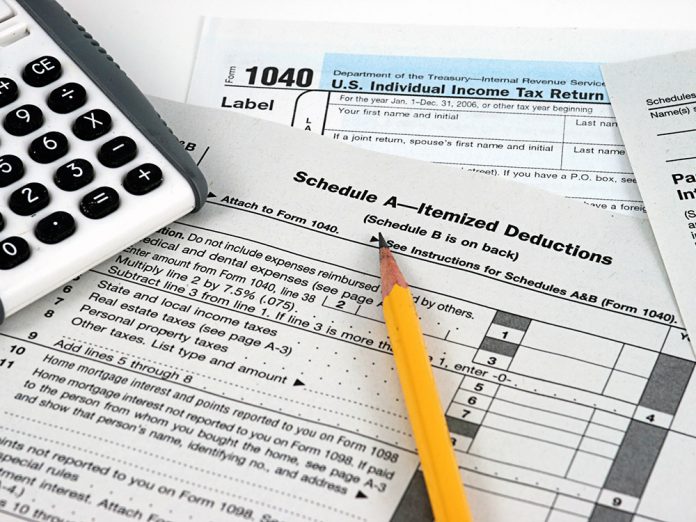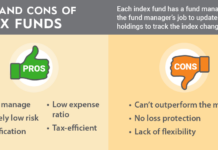It is the U.S. tax season, and while the concept is relatively simple, filing your taxes can be stressful. Making even the simplest of mistakes can lead to your returns being rejected or having your finances audited by the IRS. It’s no wonder most Americans hire a tax accountant to file for them.
Still, not everyone wants to or can hire a professional. And even if you hire a tax accountant, it’s a good idea to double-check the file to make sure everything makes sense. Here are a few things to watch out for when filing your taxes.

1. Putting in the Wrong Social Security Number
Your social security number is how the IRS knows you are who you say you are, and you make what you say you do. Putting in the wrong number can mean you come as someone else, or your file does not match what your employer said you earned.
Double and triple check the number before you file to make sure the IRS doesn’t think you aren’t someone else.
2. Choosing the Wrong Tax Filing Status
There are a number of different tax filing statuses. Each one gives you a different deduction and benefits. Not using the right one could mean you don’t get the proper deduction. For example, the child care credit is not available for those who are married filing separately. Make sure you are putting in the right status to get the max number of benefits you can.
3. Filing with Paper Instead of Electronically
If you mail your return in, you are more likely to make mistakes than if you file electronically. Filing online is easy and often free to do. Plus, there’s less of a chance that you will make a mistake. Some tax preparation software are designed to double-check your information and make sure that all forms are filled in.
4. Not Reporting All of Your Income
If you got a 1099 from a company or brokerage account, you need to report it. No matter how small the amount might seem, not reporting all of your income is a sure way to have your return flagged by the IRS.
You need to report any income you receive not just from your employee, but any freelancing, dividends or interest received from your investments. You will also need to indicate if you owned or had any transactions in a cryptocurrency in 2019.
5. Not Itemizing All of Your Deductions
There are a lot of deductions you can claim on your taxes besides the standard single or married deduction.
Things like health expenses, charitable donations, or interest paid on your student loans count as deductions. If you own your own business or are self-employed, you can get even more deductions on things like rent and subscriptions related to your profession.












